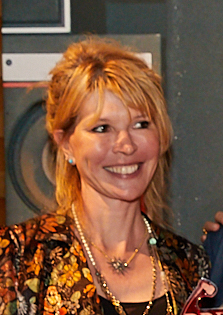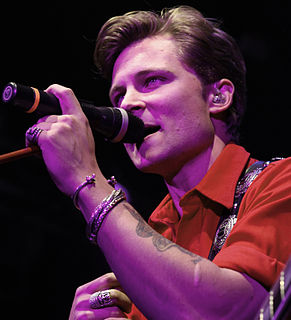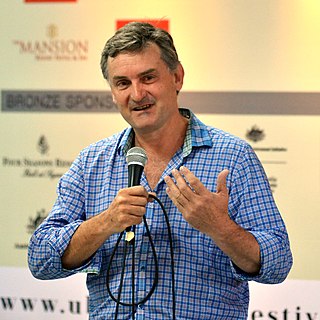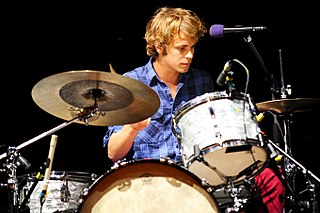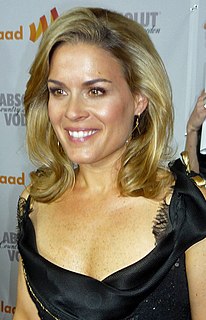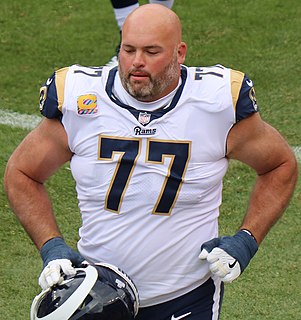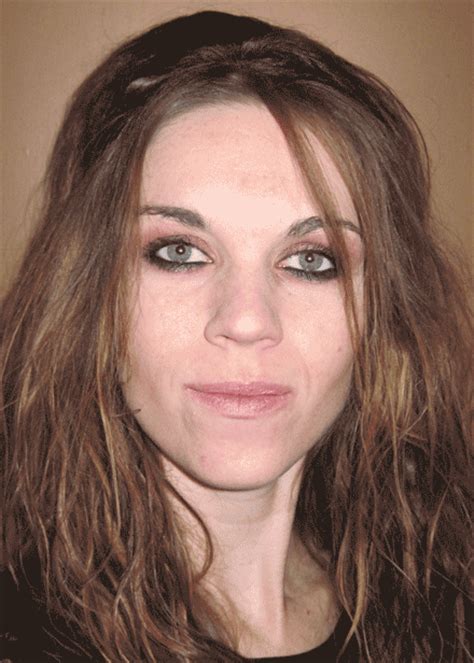A Quote by Saul Gorn
It's amazing how we can do things simultaneously, like talking and not listening.
Related Quotes
I certainly think one of the really amazing things about Mr. Trump's victory is there's been an immediate - what one of my friends calls a jump-to-the-Trump in Australia. So you've got politicians of all sides looking at this amazing result in America and thinking, I'd like a bit of that. Can I have a bit of that? And so the opposition leader has been talking about immigrants stealing people's jobs. The prime minister has started talking about media elites in exactly the same terms as President-elect Trump.
A lot of the things I do deal with my race, but my race is who I am. I'm an American kid who grew up listening to predominantly hip-hop. I will talk about hip-hop as the music I grew up listening to, and I think sometimes people like to put it as, 'Oh, well, he's talking about black things.' And, yeah, they are, but that's my American identity.
Whenever I think I know something is a classic, or an amazing song, I realise it's still so subjective, because you and your friends could be talking about something, say, '(I Can't Get No) Satisfaction' - an amazing classic song - or someone would be like, "'Hey Jude' is an amazing song!", and I'd be like, "I don't really like it."
An artist attunes to what things are, which means sort of listening to the future, which is just how things are - I think time is a sort of liquid that pours out of hatpins, underground trains, salt crystals. So a work of art is also listening to itself, because what it is never quite coincides with how it appears, too.
When I came home my parents were listening to Pakistani Qawwali music, like Nusrat Fateh Ali Khan, they're listening to music from Mali, like Ali Farka Toure, they're listening to Brazilian songwriters, like Gilberto Gil, to opera, to Neil Young even, things you don't hear as a kid in Caracas. I love all the music they turned me onto.



